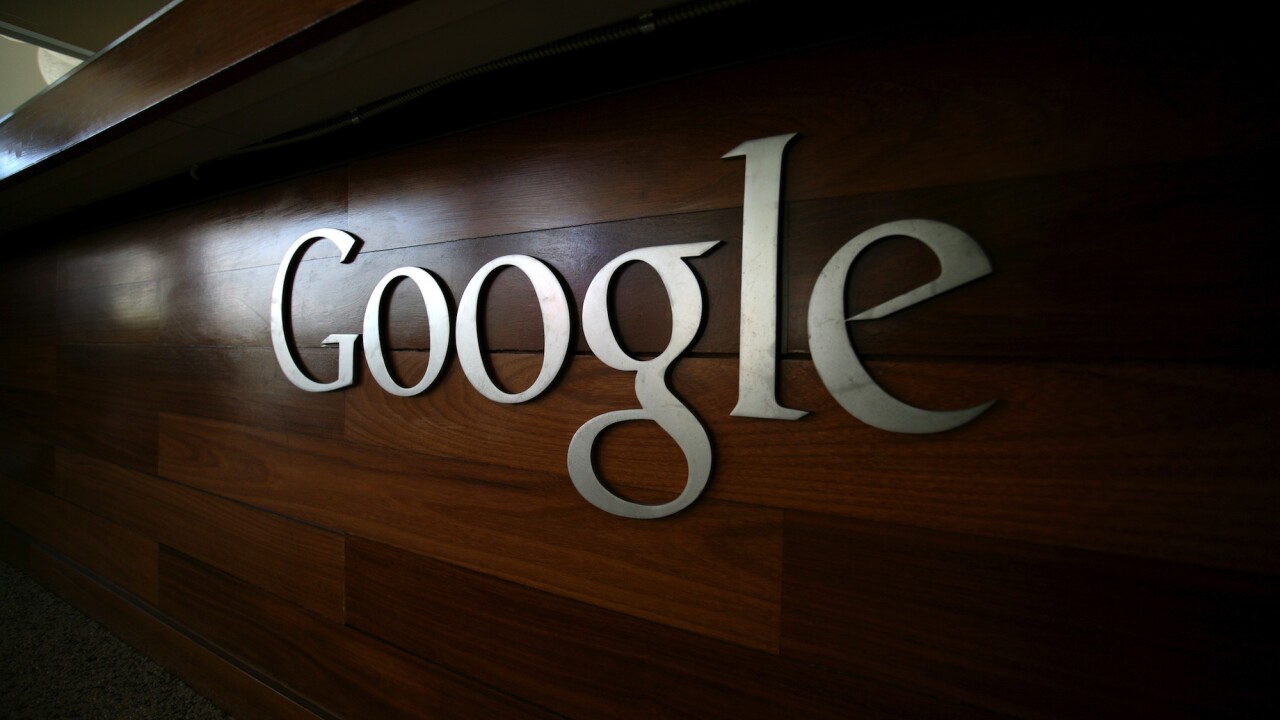
Google on Wednesday announced a redesign of its image search feature on Google.com that the company claims is faster, more beautiful, and more reliable. Google says you will see the new look “in the next few days” but wouldn’t get any more specific beyond that.
The new design displays images in an inline panel and lets you quickly flip through a set of images by using the keyboard (we assume this will also work on touchscreens eventually with gestures):
Google says that going back to browsing other search results is as simple as just scrolling down and picking up right where you left off. Yet this is more than just a visual update: the company is finally going to show useful information about the images it is surfacing.
Google’s images section will soon display detailed information (the metadata) right underneath it in the search results; more specifically, key information will be shown much more prominently next each image: the title of the page hosting it, the domain name it comes from, and its size. The company also says the source page will no longer load up in an iframe in the background of the image detail view, significantly speeding up the experience for users.
Do you know what that means? It means no more annoying redirects and landing pages.
All those extra clicks just to get basic data about an image has always been one of my biggest pet peeves about the company’s image search so I’m rather excited about it. Google and Bing have played around with including more details by default (but this required a setting to be turned on), hovering over images, and so on, but I’ve still found all of this to be rather unnecessary. We’ll see soon enough if Google has figured out how to address all these shortcomings.
This is great news for users, but Google is also saying it will be a boon for webmasters. With image search ditching iframes that show the image’s original site in the background, Google says it will reduce the load on the source website’s servers and also improve the accuracy of metrics such as pageviews.
This might seem like a bad idea since image search often leads to a lot of click-throughs for many sites. To compensate, Google is making the domain name for each image clickable and is also adding a new button to visit the page the image is hosted on.
With these changes, Google has effectively doubled the number of clickable targets to the source page from two to four. The company says its tests have revealed a net increase in the average click-through rate to the hosting site, but only time will tell if the same holds true once users become accustomed to the new image search.
We’ll keep you posted as Google rolls out the new image search design.
Image credit: AFP/Getty Images
Get the TNW newsletter
Get the most important tech news in your inbox each week.





